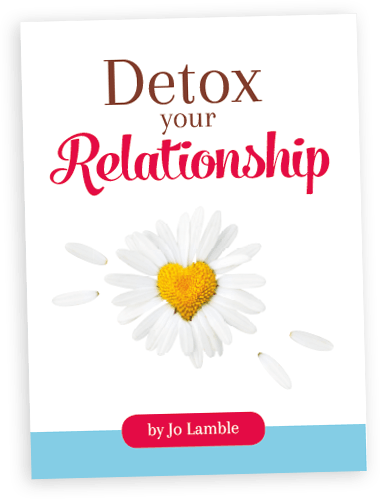 It happened again on Saturday night. When people discover that you’re a psychologist, they want to know if you analyse everyone you meet. They seem almost disappointed to learn that we don’t. In fact, we don’t really even analyse people who come to our office. More often, we are trying to stop people analysing themselves. That’s because over-analysis can keep you stuck. Often we need to feel and act our way out of a crisis.
It happened again on Saturday night. When people discover that you’re a psychologist, they want to know if you analyse everyone you meet. They seem almost disappointed to learn that we don’t. In fact, we don’t really even analyse people who come to our office. More often, we are trying to stop people analysing themselves. That’s because over-analysis can keep you stuck. Often we need to feel and act our way out of a crisis.
Take weight loss for example. There are many reasons why an individual may be obese and it’s important to examine these reasons. Knowing that you eat in order to cope with feelings of loneliness or boredom or inadequacy is helpful. Understanding that you might be keeping people at arm’s length by staying overweight is relevant. Becoming aware that the pressure to stay thin can lead to dangerous yo-yo dieting and self-sabotage is useful. But there comes a point where you need to take a behavioural approach to changing unhealthy habits, rather than just analysing what’s going on. Taking steps to eat well and exercise more will increase your self-belief as well as decreasing your weight. Once you’re on the road to healthier habits, by all means try to gain more insight into the reasons for your past habits.
Just because we are capable of analytic thought doesn’t mean that thinking is the only tool we have to deal with life’s hurdles. It’s extremely difficult to think your way out of grief or pain. We need to allow ourselves to feel the waves of grief and ride through physical or emotional pain. When we rely solely on analysis, it can actually increase the experience of that pain.
Anxiety is another example. If we stay in our heads, we can create a type of loop tape in our minds – the same messages going around and around. But if we allow ourselves to feel the anxiety – feel our heart beating fast, the butterflies in our stomach, and the sweat in our palms, we can slowly learn to surf the waves of anxiety. The moment we start to think about how badly we feel and why we are feeling the anxiety, that’s when it escalates.
Remember back to the last time you had a good cry over something. How good did it feel to let out the emotion? It’s so much better for us to allow ourselves to feel rather than trying to push down the emotion in an attempt to analyse our way out of feeling bad. Once we have felt the emotion, we are usually in a far better place to attack the issue cognitively.
Clients in my office have to practically beg for a tissue. That’s because I want them to feel the pain. It’s only when they start searching in their bag or pocket for something to wipe their face that I hand over the box of tissues. And that’s when they are usually ready to start thinking about things.
So the next time your child or partner or friend is upset, allow them to cry, encourage them to observe any anxiety or pain they may be feeling, patiently wait while they express their anger and then help them problem solve.







